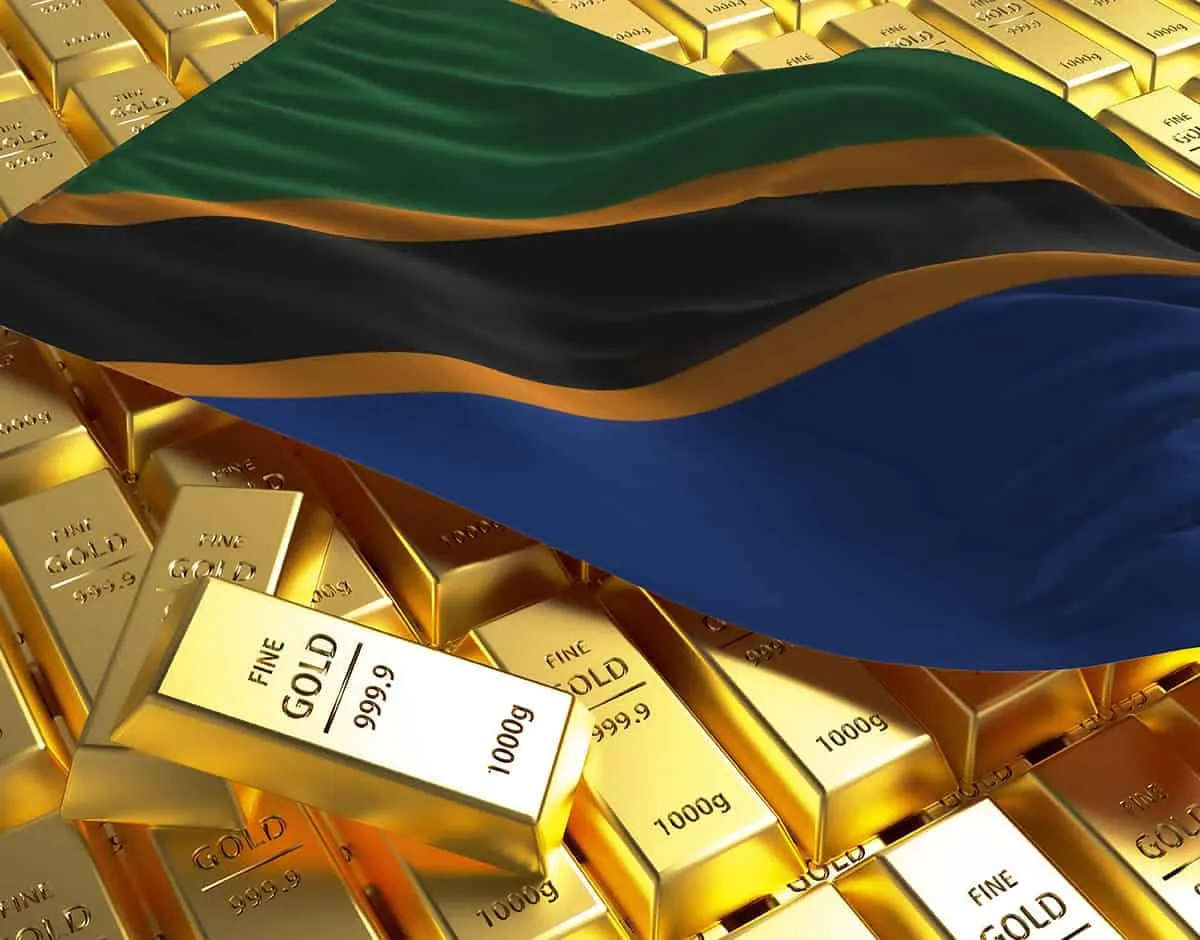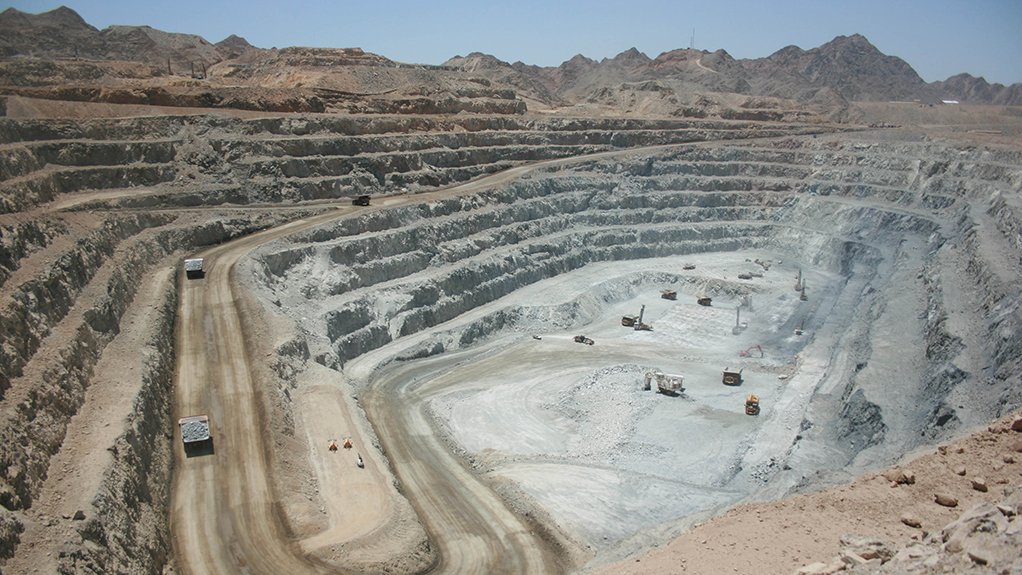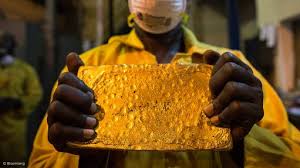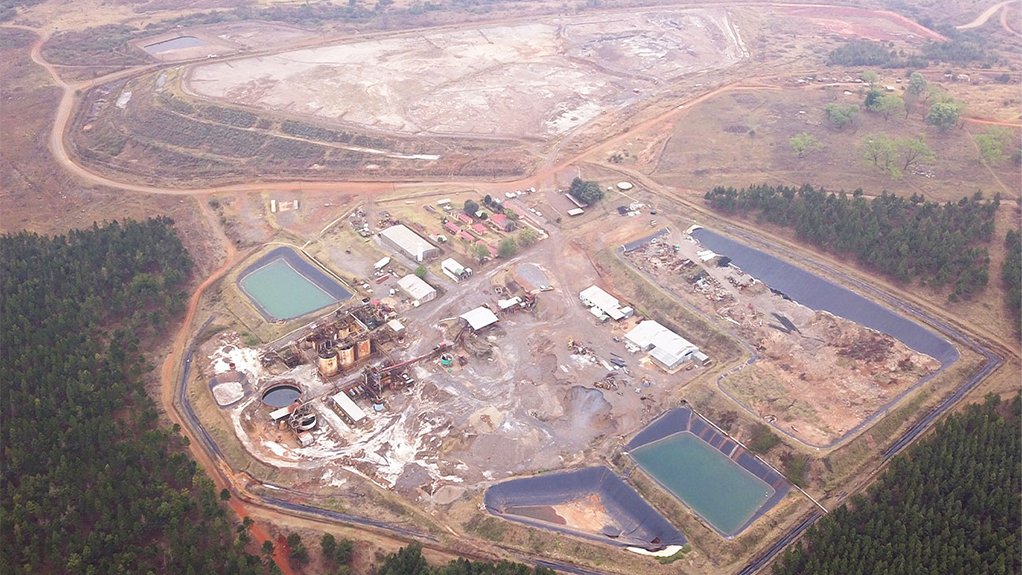Precious Metals

Tanzania miners ordered sell at least 20% of their gold to the central bank

Tanzania’s mining regulator has ordered all gold mining firms and traders to sell at least 20% of their gold to the country’s central bank. This directive, part of a broader strategy to diversify the Bank of Tanzania’s (BoT) foreign exchange reserves, took effect in October 2024, following the enactment of new mining regulations.
The central bank’s gold-buying programme began last year, driven by pressures on the Tanzanian shilling. In the 12 months leading up to June 2024, the BoT purchased 418kg of gold. The bank’s goal for the current financial year is significantly more ambitious, with plans to acquire six metric tons of gold as part of its efforts to bolster reserves.
The Tanzania Mining Commission requires miners and traders to sell their reserved gold to two major mineral refineries: Eye of Africa Ltd., located in the capital city of Dodoma, and Mwanza Precious Metals Refinery Ltd., in the northern city of Mwanza.
The initiative comes as Tanzania’s foreign exchange reserves stand at US$5.29 billion, which is sufficient to cover 4.3 months of imports of goods and services. By increasing its gold reserves, Tanzania is seeking to stabilise its currency, which has depreciated by nearly 8% against the US dollar this year
Tanzania is one of Africa’s largest gold producers, with major players in the sector including AngloGold Ashanti Plc and Barrick Gold Corp. The country’s gold sector has historically been a critical contributor to its economy, with gold exports generating significant foreign exchange earnings.
Tanzania is also strengthening its mining sector. In recent years, the government has introduced several reforms aimed at increasing the sector’s contribution to the national economy, including revising mining laws and enhancing oversight of mineral exports.
Equity market grows by 22%
From January to September, the Tanzanian stock market’s total capitalisation increased significantly, climbing from US$5.86 billion in January, to US$7.13 billion in September, a remarkable 22% jump.
This surge is a reflection of improved investor confidence, driven by stable macroeconomic conditions and strong performances in key industries such as banking and beverages. The domestic market capitalisation also grew by 7% during this period, reaching US$4.89 billion by September.
Activity in the bond market was robust as well, with the value of outstanding government bonds rising by 18.5%, from US$8.12 billion in January to US$9.62 billion in September.
Notably, however, the market for sustainable bonds saw no change, with the value remaining at US$184.03 million, making it an area that may present opportunities for growth in the near future.
Several companies posted notable price movements over the first nine months of 2024, with particularly strong gains in banking, beverages, and insurance. CRDB Bank, one of Tanzania’s largest financial institutions, saw its stock price rise by 39.13%, climbing from US$0.18 to US$0.25. East African Breweries Limited, a cross- listed company, experienced even more impressive growth, with its stock price soaring by 82.97%, from US$0.73 to US$1.34.
In the insurance sector, Jubilee Holdings Limited (JHL) saw its share price increase by 22.64%, from US$1.18 to US$1.45, reflecting positive investor sentiment toward the financial services industry.
Meanwhile, KCB Bank, another cross-listed entity, emerged as one of the top performers, with its share price more than doubling, up by 108.57% from US$0.14 to US$0.29. Domestic companies like NICO also experienced significant gains, with its share price rising by 50%, from US$0.20 to US$0.30.
However, not all companies fared well during this period. Swissport Tanzania (SWISS) saw its stock price decline by 16.67%, from US$0.53 to US$0.44, possibly due to increased competition within the aviation sector.












